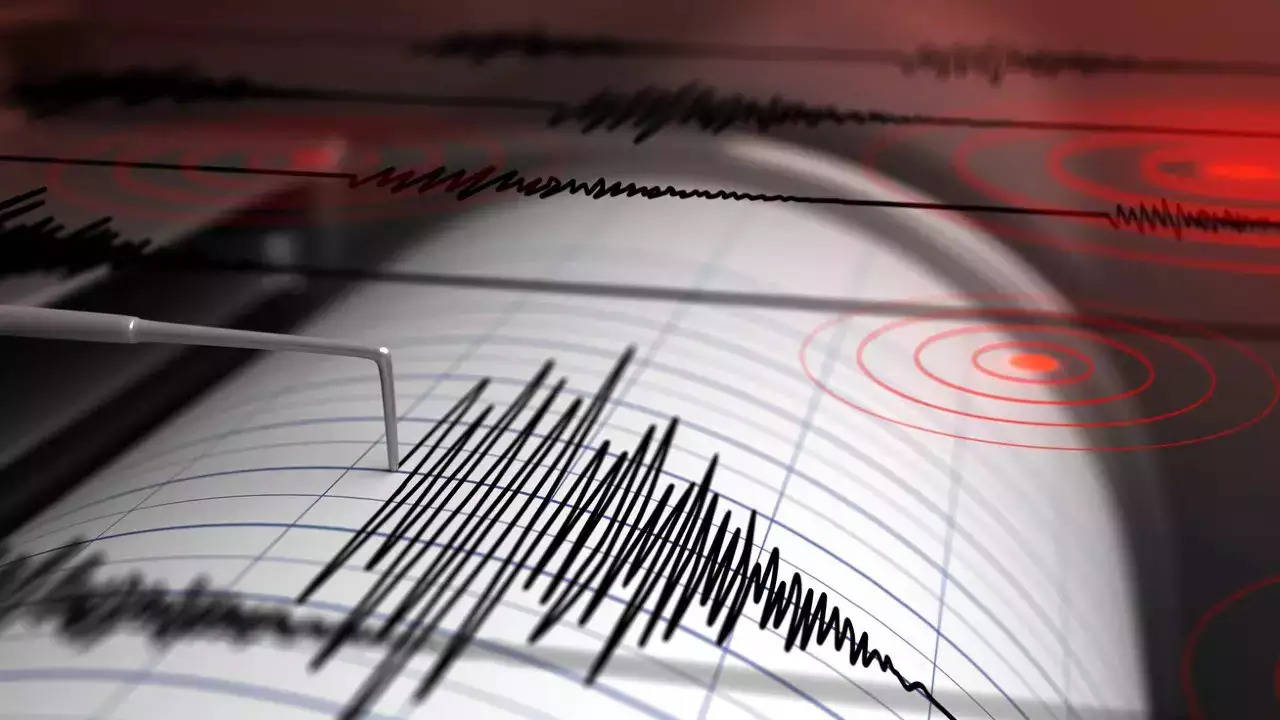A powerful earthquake of magnitude 6.5 struck several countries in Central and South Asia on Tuesday night, sending shockwaves across North India and causing panic among people who rushed out of their homes and buildings.
The quake occurred at 10:20 pm local time (4:50 pm GMT) and its epicentre was located 90 km from Kalafgan in Afghanistan, according to the US Geological Survey (USGS). The quake was felt in Turkmenistan, India, Kazakhstan, Pakistan, Tajikistan, Uzbekistan, China and Kyrgyzstan.
In India, tremors were felt in the Delhi-NCR region, Punjab, Haryana, Chandigarh, Jammu and Kashmir and Himachal Pradesh. No major damage or casualties have been reported so far from India.
However, some videos on social media showed people running out of their houses and offices in fear as walls started swaying and objects fell off shelves. Some people also reported power cuts and internet disruptions.
The National Disaster Management Authority (NDMA) advised people to stay calm and follow safety precautions such as staying away from windows and doors, moving to open spaces if possible and avoiding using elevators.
The NDMA also said that it was closely monitoring the situation and coordinating with state authorities for relief measures if needed.
The earthquake was also felt strongly in Pakistan's capital Islamabad and other cities such as Lahore and Peshawar. According to AFP news agency, residents fled their homes as walls started swaying. Pakistan's meteorological office said that there were no reports of damages or injuries so far.
The quake also jolted parts of Afghanistan where many people live in mud-brick houses that are vulnerable to collapse. The country's interior ministry said that it had activated its emergency response system and was assessing the situation.
According to experts, this region is prone to earthquakes due to its location at the junction of two major tectonic plates - the Indian plate and the Eurasian plate - that collide with each other.
In 2015, a devastating earthquake of magnitude 7.8 killed nearly 9,000 people in Nepal and affected millions across India, China and Bangladesh.
In 2005, another massive quake of magnitude 7.6 killed about 80,000 people in Pakistan-administered Kashmir and northern India.
Earthquakes are unpredictable natural phenomena that can cause immense damage and loss of life. Therefore it is important to be prepared for them by following some simple tips:
- Keep an emergency kit ready with essentials such as water bottles flashlight batteries radio whistle first aid kit etc.
- Identify safe places in your home or workplace where you can take cover during an earthquake such as under a sturdy table or against an interior wall.
- Practice drop cover hold on drills regularly with your family or colleagues so that you know what to do when an earthquake strikes.
- Stay informed about seismic activity in your area by following reliable sources such as NDMA USGS etc.
- If you are outdoors during an earthquake move away from buildings trees power lines etc. that may fall on you
- If you are driving during an earthquake stop your vehicle safely away from bridges overpasses etc. Stay inside until the shaking stops
- If you are trapped under debris do not move or shout as this may cause more injuries or attract unwanted attention from animals Use your phone or whistle if you have one to signal for help
- After an earthquake check yourself for injuries before helping others Do not touch any wires cables etc. that may be live
- Follow instructions from authorities regarding evacuation shelter medical aid etc.
